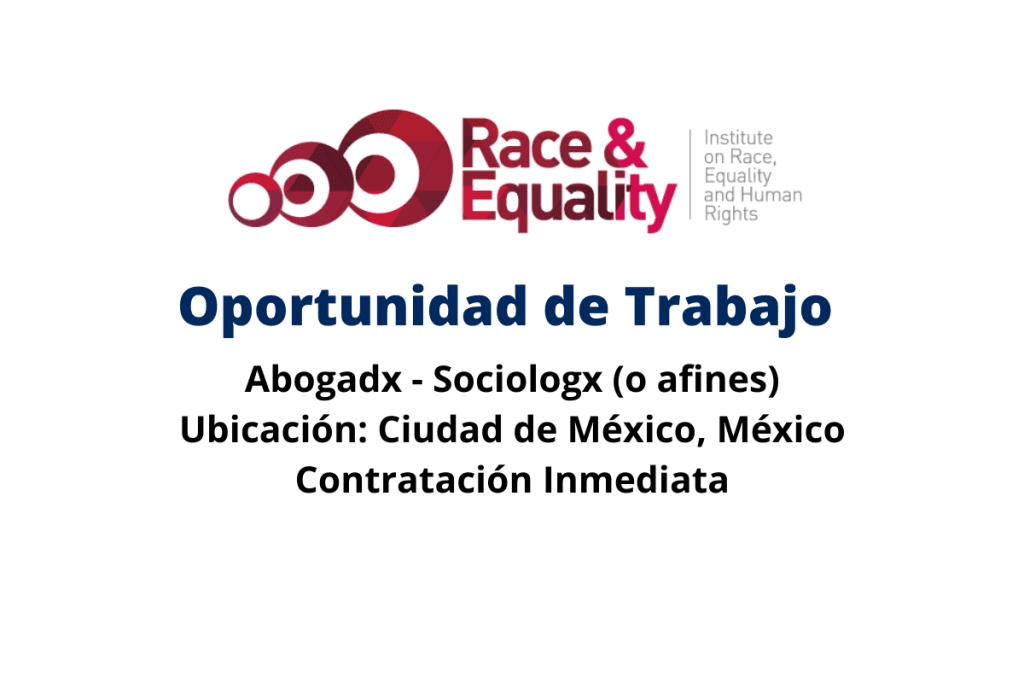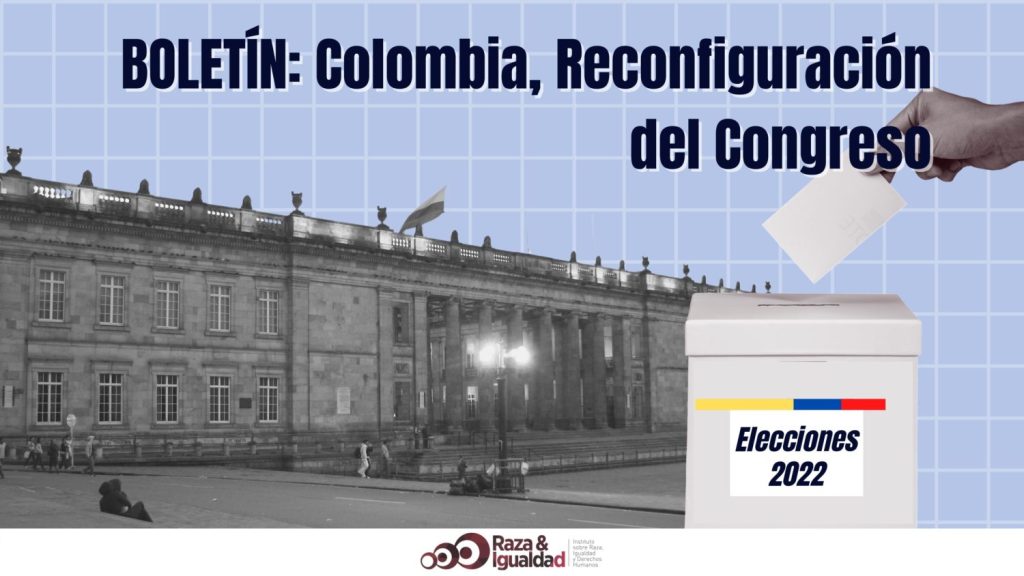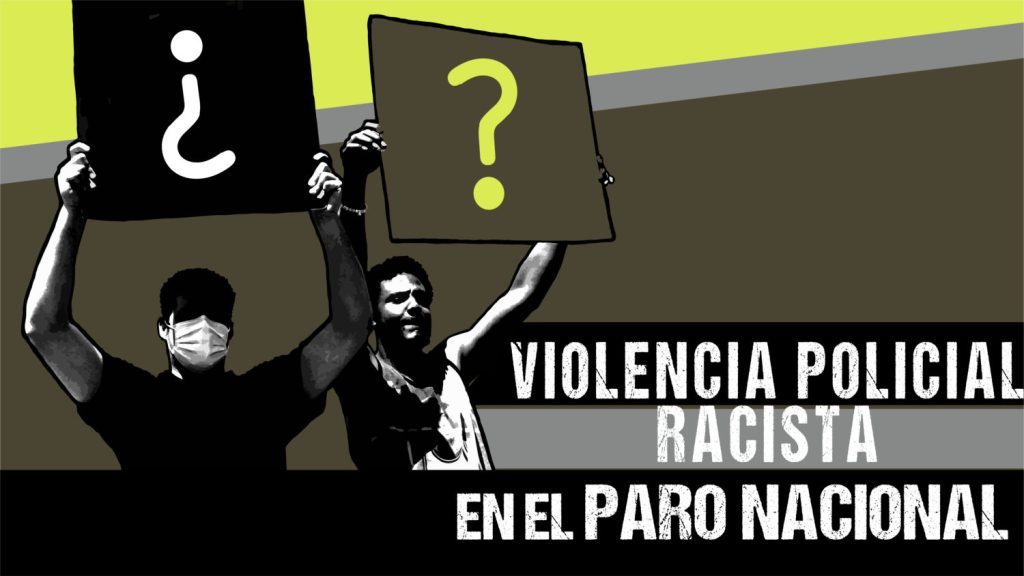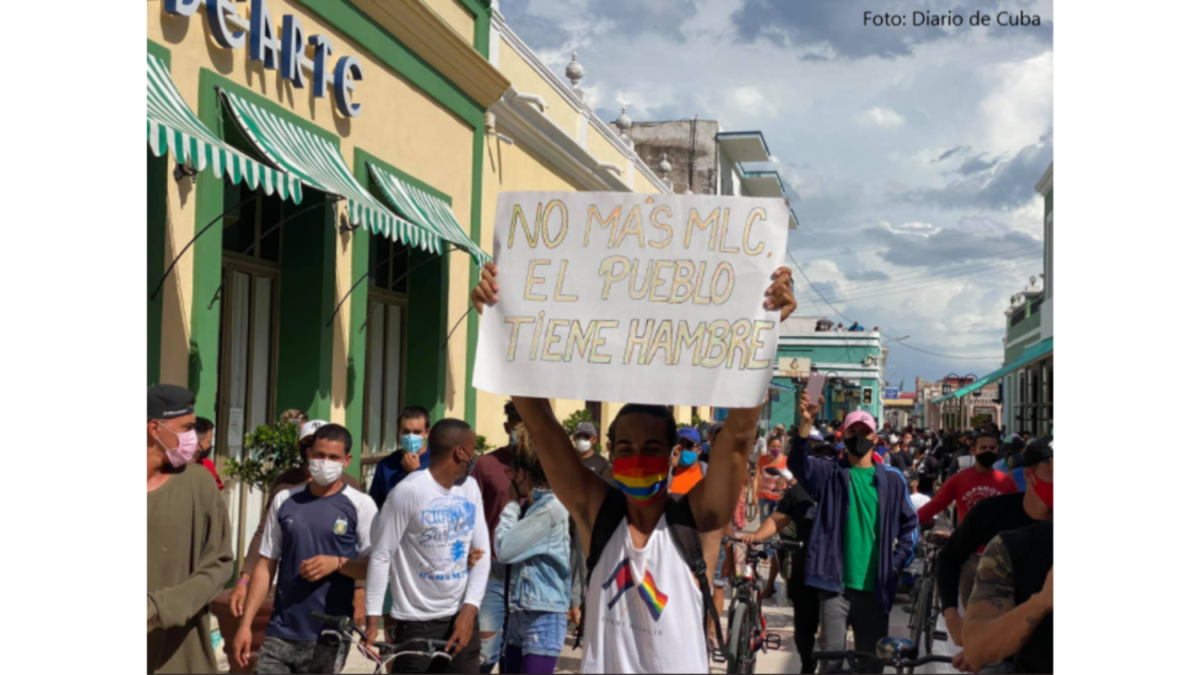International Women’s Day: WE ARE WOMEN IN THE STRUGGLE AND ALL OF US ARE DIVERSE!
On March 8, 2019, in commemoration of International Women’s Day, the International Institute on Race, Equality, and Human Rights (Race & Equality) remembers and stands with the struggle of all women throughout the world for recognition and guarantees of their rights.
Despite the many efforts and clear progress made in the area of rights to improve the state of women in Latin America and the Caribbean, especially as regards the closure of gender gaps, and guarantee women’s real and effective access to health, education, employment, and political and economic participation, the huge challenge remains of overcoming the inequities that persist in virtually all spheres, particularly when dealing with women who are racialized, ethnic, rural, or have diverse gender identities.
According to the data provided by Michelle Bachelet, the current United Nations High Commissioner for Human Rights, in an article entitled The State of Women in Latin America: 25 Years of Light and Shadows, 9,300 women die every year from causes related to pregnancy and their deficient gynecological-obstetric practices. For every 100 men who live in poverty, 118 women live in a similar state, a figure that accounts for a systematic increase in poverty among women in the region since 1997 and up to the present day.
Despite the fact that women’s participation in the labor market has made notable strides, women continue to be a minority presence, marked by a series of “micro-aggressions” related to gender parity, the reason for which, according to CEPAL, women’s participation in the labor market has stalled at around 53%, and the 78.1% of women who work are in sectors defined by CEPAL as having low productivity, entailing worse remuneration, low social security coverage, and less contact with technology and innovation.
As regards women’s political participation, the challenge remains to increasing the presence of women in spaces of power to thereby transform the patriarchal structures that make it impossible for women to have a presence in governments, the management of public and private businesses, and in the development of laws. “As long as we are not allowed to be decision-makers [or] participate in spaces of power, the possibility of leveling the playing field and building our societies under equal conditions will be a utopia,” notes the chief.
In the area of gender-based violence, Latin America and the Caribbean continue to present the highest rate of assaults against women, ranked 14 among the 25 countries with the highest indices of femicide in the world. Approximately 2,100 women are assassinated every year (six per day and 175 every month) for the simple fact of being women, according to what Bachelet indicated.
The foregoing provides a quick glance at the state of women’s rights in the region; nonetheless, a series of factors that run contrary to them have cross-cut the recognition of women’s diversity and the particularity of their conditions vis-à-vis the enforceability of rights; that is, rural women, Afro-descendant women, and those with diverse sexual and gender identities additionally confront other types of violence that we should make visible on this day.
According to the CEPAL report Afro-Descendant Women in Latin America and the Caribbean: Debts of Equality, the ‘visibilization’ of the historic presence of Afro-descendant women demands recognition of their concrete experience as women who live within a historical, social, and cultural context of slave-owning and racist societies. Contexts, therefore, that deepen the inequities faced by Afro-descendant women as compared with other social groups, due to their ‘invisibilization’ as subjects of differentiated policies with particular impacts and thus, worrisome indices of poverty, little possibility to access healthcare, education, employment, and participation in decision-making spaces much lower that that of the rest of the population, further undermined by racist and discriminatory logic that is a product of the historical legacy manifested in the ways in which Afro-descendant peoples develop in society.
Something similar occurs with lesbian, bisexual, transgender, and intersex women who throughout history have confronted physical and symbolic violence incorporated into the social group that makes it impossible for their sexual and gender identities to be recognized and thus, have their fundamental rights guaranteed.
According to the International Lesbian, Gay, Bisexual, Trans, and Intersex Association (ILGA), persons who self-identify as having an identity that differs from cisgender (socially concordant with the sex assigned at birth) or are socially recognized [as such], suffer from innumerable human rights violations. In particular, in Latin America women are the recipients of a series of violent acts on the part of male chauvinists who stigmatize and/or pigeonhole them in roles in which they are not allowed to freely express themselves and recognize their identity. It is thus that on average, the life expectancy of trans women is no greater than 30 years; their participation in the labor market lags behind, a high percentage of them work in the informal sector or as sexual workers, and they confront violent and complex processes for accessing health [and] education services and participating in spaces of decision-making and power.
We at Race & Equality call on all of the States of Latin America and the Caribbean to continue working to ensure guarantees and recognition of women’s rights. Unquestionably, empowered women break the cycles of violence and poverty, decisive factors in making progress in consolidating societies that are more equitable and democratic. To ensure that result, it is essential to continue working to break historically rooted patriarchal schemas, especially as they relate to women’s participation in decision-making spaces.
We urge the States to not lose sight of plurality and diversity in the construction of what it means to be a woman, in which it is essential to undertake affirmative actions that recognize Afro-descendant [and] rural women and women with diverse sexual and gender identities, in this way breaking the barriers that historically have systematically prevented the inclusion and participation of this group of women in social life and ensured that their future generations were subject to the same vicious cycle of inequality, racism, and discrimination.






